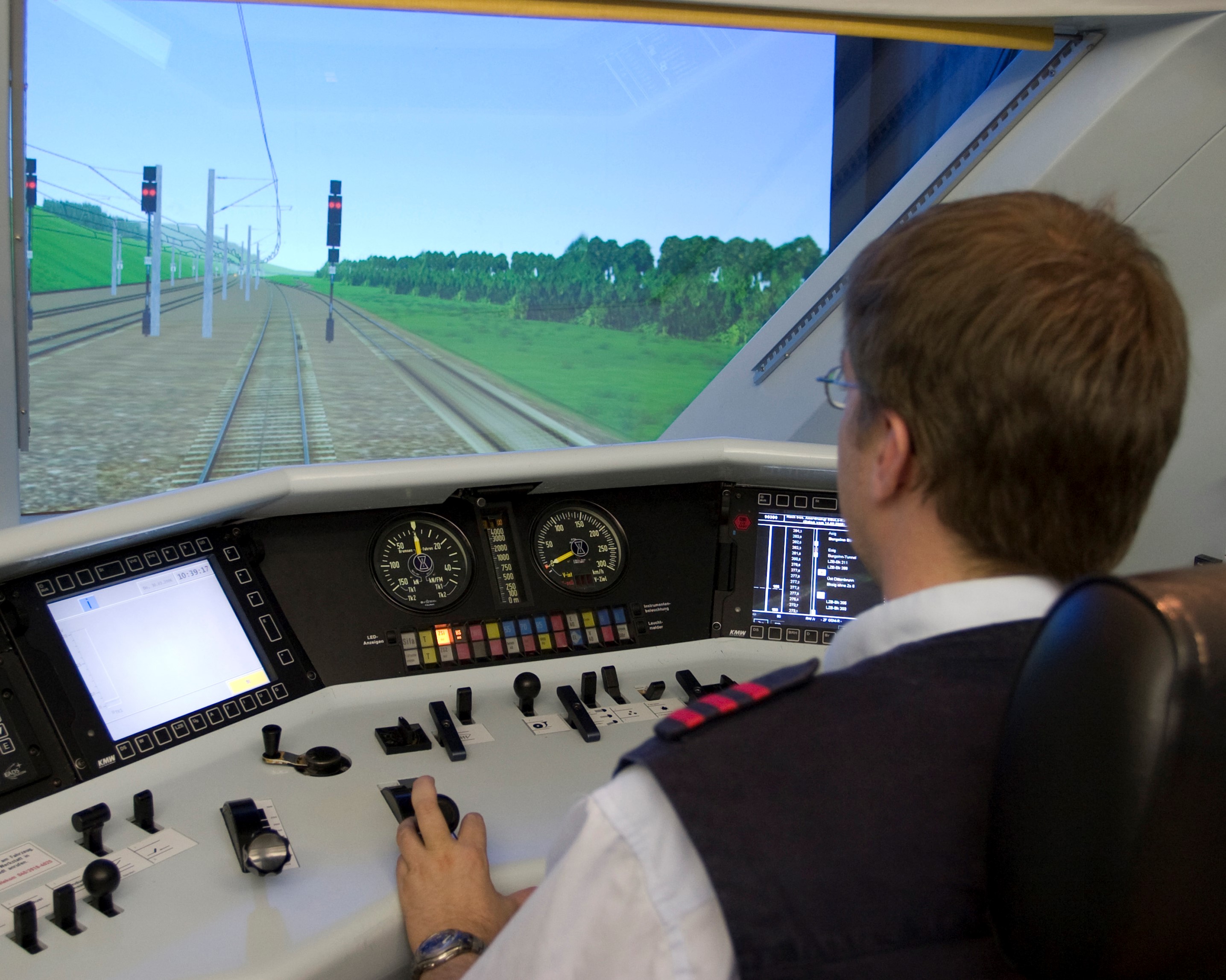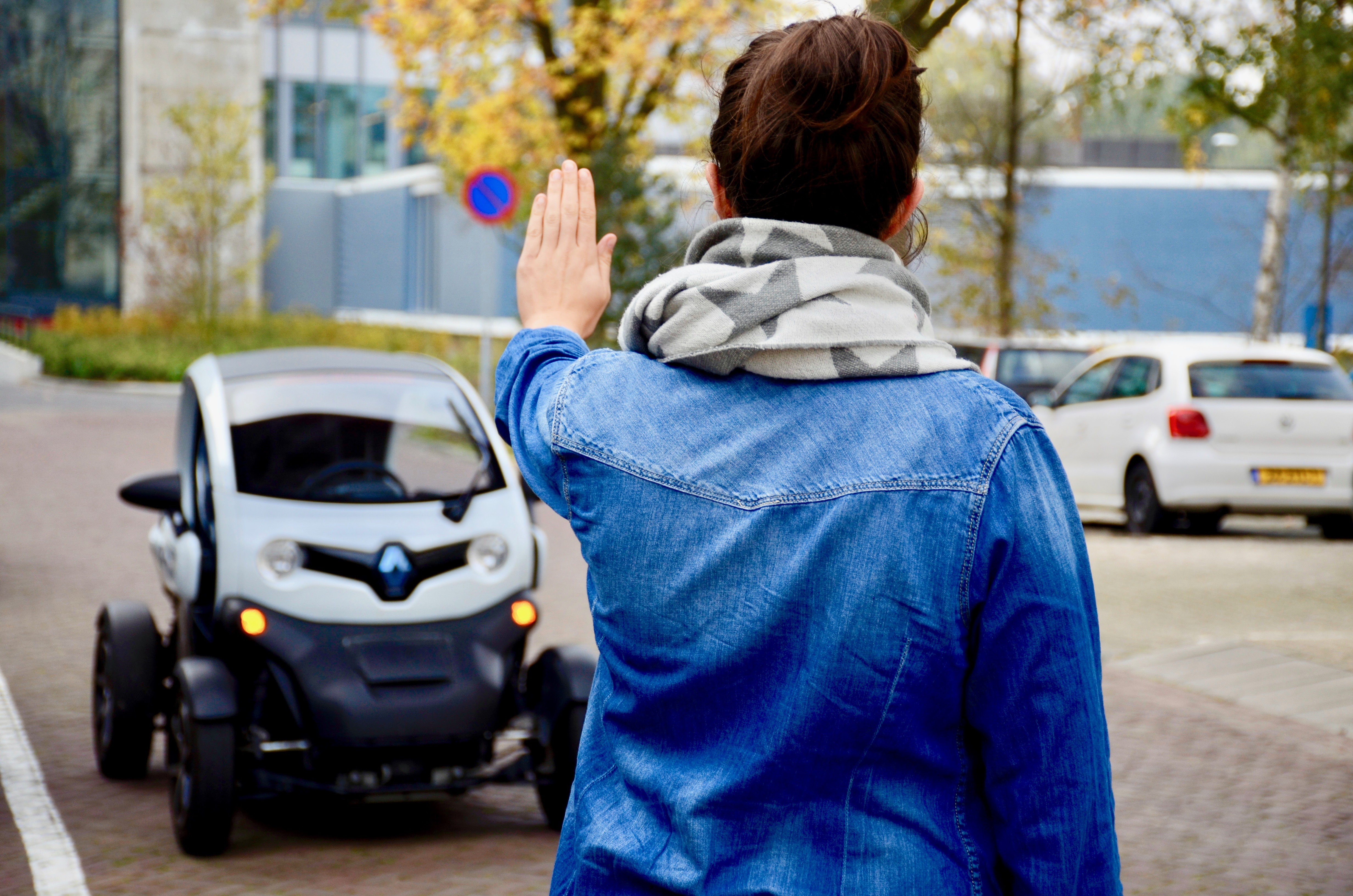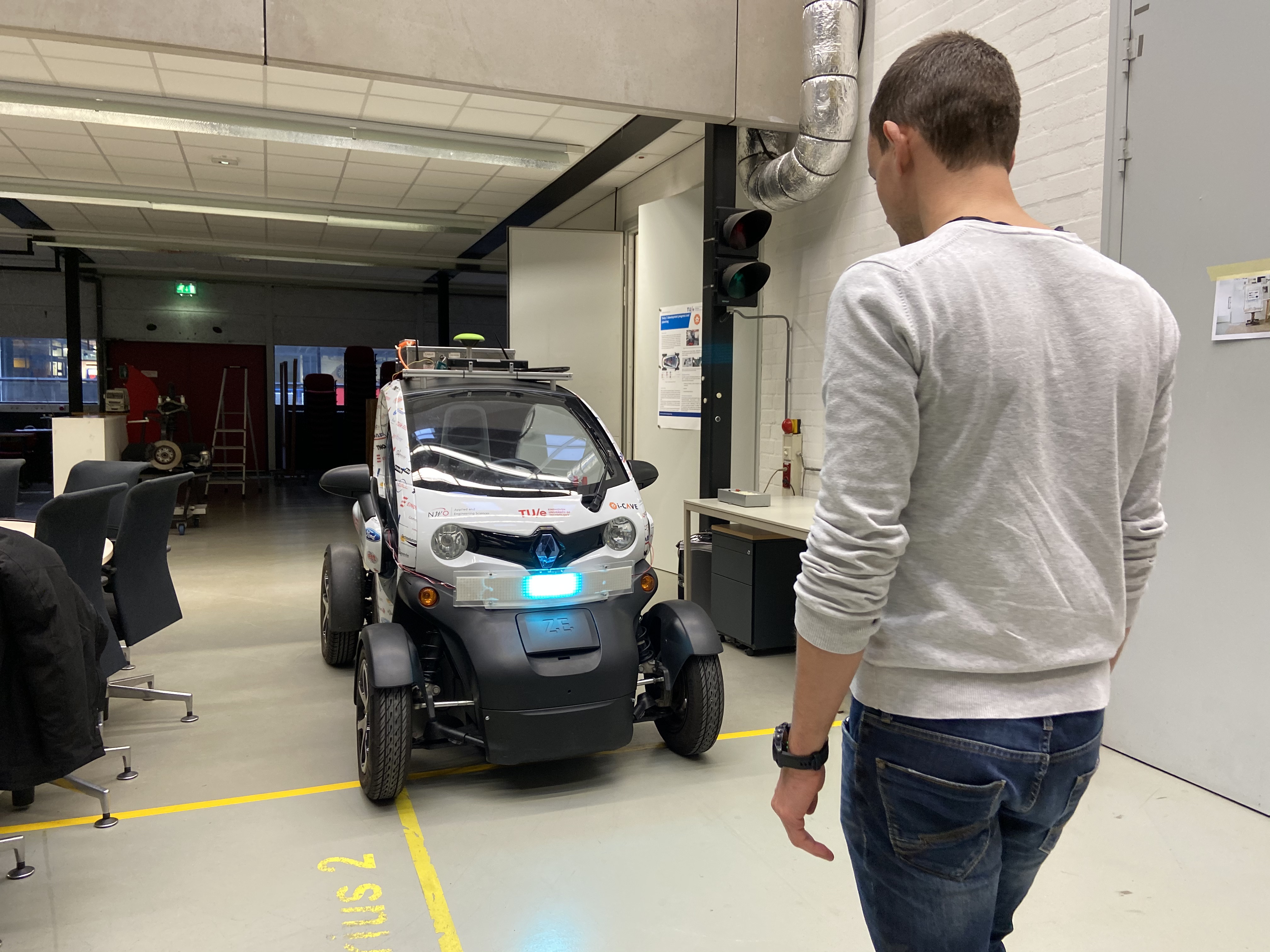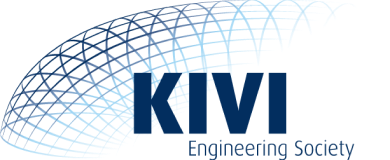
AI Autonomous Driving
As KIVI International Engineers, we are thrilled to host you at our upcoming event about the AI technologies in Autonomous Driving. Dr. Ayush Jain from 2getthere will give a presentation about Safety Assessment Framework for NN-based Driver Advisor under Faulty Sensor Measurements and Dr. Debargha Dey from Eindhoven University of Technology will talk about External Communication for Automated Vehicles: on facilitating interactions between self-driving cars and other road users. The interactive event will be followed by networking drinks. Interested? Join us!
This is a hybrid event.
Live: KIVI Headquarters, Prinsessegracht 23, 2514 AP Den Haag.
Online: Microsoft Teams meeting, Link.
Part-1:
Speaker: Dr. Ayush Jain, 2getthere
Presentation Title: Safety Assessment Framework for NN-based Driver Advisor under Faulty Sensor Measurements

Abstract of the Presentation:
High-speed trains have a significant driving safety requirement than other public transport because of faster speed and an increasing public demand. However, the particularity of train driving often lead drivers susceptible to fatigue. Under this consideration, last decade has seen widespread adoption of ADAS in rail-based transportation industry, specifically driver fatigue detection system. ADAS is meant to help the train drivers. The trajectory planner in ADAS guides the driver to maintain a level of velocity (v) and acceleration (a) to go from station A to station B, by considering various factors as fuel efficiency, road terrain, traffic and also the state of the driver from the driver fatigue detection system. As an approximate control solution, various neural network-based driving speed advisors can also be found in the literature. However, sometimes due to bad lighting conditions/bad driver position/faulty sensor, the accurate information about the train and the driver state may not be available to NN-based advisors. The aperiodic unavailability of the driver and the train state to the ADAS system raises concern about the train dynamics stability and safety. In this presentation, we will explore a safety assessment framework based on time-delay system stability theory to estimate maximum allowable delay in driver and train state measurement and guarantee train dynamics stability.
About Dr. Ayush Jain:

Ayush Jain is a Software Engineer in the R&D team of 2getthere, a ZF company. Currently, his work focuses on topics surrounding vehicle behaviour planning and cooperative control of fleet of autonomous shuttles. Previously, he received a Ph.D. in System and Control Engineering from University Polytechnique Hauts de France (UPHF), France (2020), a M.Sc. in Robotics and Control Engineering from Ecole Centrale Nantes (ECN), France (2017) and a B.Tech in Mechanical Engineering from National Institute of Technology Warangal, India (2014). During his Ph.D. his research work was focused on stability analysis of neural-network controlled time-delayed systems.
Part-2:
Speaker: Dr. Debargha Dey, Eindhoven University of Technology
Presentation Title: External Communication for Automated Vehicles: on facilitating interactions between self-driving cars and other road users


Abstract of the Presentation:
Today, to help traffic move along smoothly, drivers are able to explicitly communicate with other car drivers and vulnerable road users by multiple means, including gestures, posture and eye contact, and by using the car itself; for example, by slowing down exaggeratedly and/or flashing the headlights. Road users interpret these signs as aspects of the driver's intentions and awareness, such as the eye contact established between driver and pedestrian when crossing the road. However, with the increasing level of automation in vehicles, drivers will no longer be able to represent the vehicle's actions and will instead be engaging in other non-driving-related-tasks such as reading, socializing or sleeping. Nevertheless, automated vehicles (AVs) will still need to cooperate with other cars and vulnerable road users, and act as a social entity in traffic without relying on today's driver-centric cues for communication. In this talk, we will explore the question of how AVs will communicate and interact with other road users. What are the considerations for an optimal interaction in traffic with a self-driving car? What kind of information do pedestrians want and need to understand, accept, and trust an AV? What kind of communication interfaces will be needed for AVs and what are the standardization efforts towards this? To that end, I will present the state of the art, challenges, developments, and the emerging recommendations and insights from our research.
About Dr. Debargha Dey:

Debargha (Dave) Dey is a Human Factors and Human-Computer Interaction (HCI) researcher currently affiliated with Eindhoven University of Technology (TU/e) in The Netherlands as a postdoctoral researcher. He has a background in Computer Science, and his current primary research interests lie in the area of automotive human factors. He looks at traffic psychology, user trust in automation, driver distraction, road safety, Human-Machine Interfaces (HMI) of automated driving, and Advanced Driver Assistance Systems (ADAS). He received a PhD cum laude from TU/e in 2020, a PDEng (Professional Doctorate in Engineering) in User-System Interaction from TU/e in 2017, and MS in Computer Science from Vanderbilt University in 2012. Prior to his current academic research, he worked as a software engineer, and subsequently as a UX researcher.
